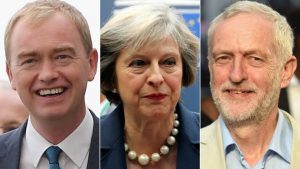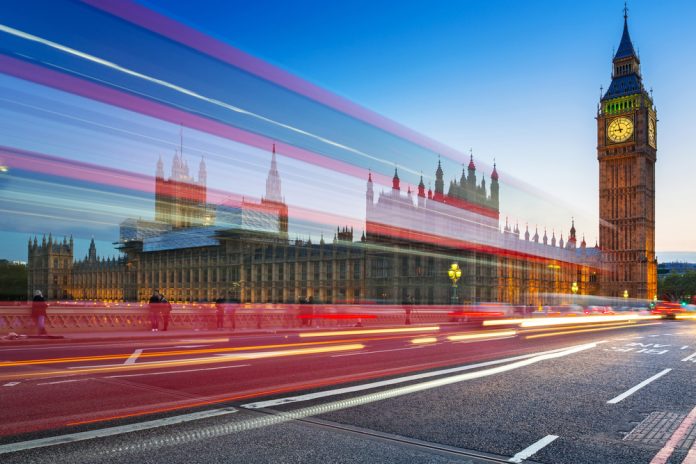Despite some hiccups along the way, all major parties have released their completed manifestos in time for the snap election this May.
Here’s a brief guide to where they stand on a series of issues and what they are promising to voters:

Immigration
Labour:
Labour’s manifesto says it “will not discriminate between people of different races or creeds” but that “freedom of movement will end when we leave the European Union” and “Britain’s immigration system will change”.
The party has promised not to “scapegoat migrants” and does not plan to set a cap on immigration, allowing a “reasonable” management on migration into the UK.
Conservatives:
With a harsher view on immigration, Theresa May hopes to reduce migration right down to the tens of thousands, including students in this number. Students will be expected to leave the country at the end of their course.
Liberal Democrats:
The Lib Dems hope to remove overseas students from immigration statistics and allow high-skilled migration to support the economy.
Tim Farron also wants to provide homes for 50,000 Syrian refugees over the lifetime of the next parliament, a significant increase from the number allowed by the Conservatives.
Tax
Labour:
Tax is a key issue in this year’s manifesto. Jeremy Corbyn has pledged to a 45p marginal rate of income tax for those earning over £80,000 and a new 50 percent rate on earnings above £123,000. These small changes will raise £6.4 billion a year.
Regarding corporate tax, Labour plans to raise an extra £19.4 billion a year from corporation tax by raising the headline rate from 21 percent to 26 percent.
Conservatives:
In contrast to Labour, the Conservative party wants to cut tax, particularly for corporations to 17 percent by 2020. A commitment to raise the tax-free personal allowance to £12,500 by 2020 will stay.
Liberal Democrats:
Tim Farron wants 1p in every pound on income tax to raise £6 billion for NHS and social care services. On top of this, the Lib Dems want to raise a further £1 billion in tax revenues by legalising cannabis. A report by the Adam Smith Institute estimated that a legal cannabis market could be worth up to £6.8 billion to the economy annually, which would then raise between £750 million and £1.05 billion in tax revenues.
Housing
Labour:
Jeremy Corby has pledged to make an extra 4,000 additional homes available for rough sleepers to end homelessness. The party also plans to build over one million more homes, with at least half for social rent, all covered by the £250 billion ‘national transformation fund’.
Conservatives:
Tories have use this election to pledge to meet an already existing promise to build one million homes by 2020.
Fixed-term social houses are to be built and sold privately with tenants having an automatic right. Money raised from sales will be used to build further properties.
Liberal Democrats:
Tim Farron’s plans this election include building 300,000 homes a year by 2022, which will include half a million affordable and energy-efficient homes.
Green is a big part of the Lib Dem policy this year with Tim Farron pledging to build ten new garden cities and restore the zero-carbon standard for new homes.

